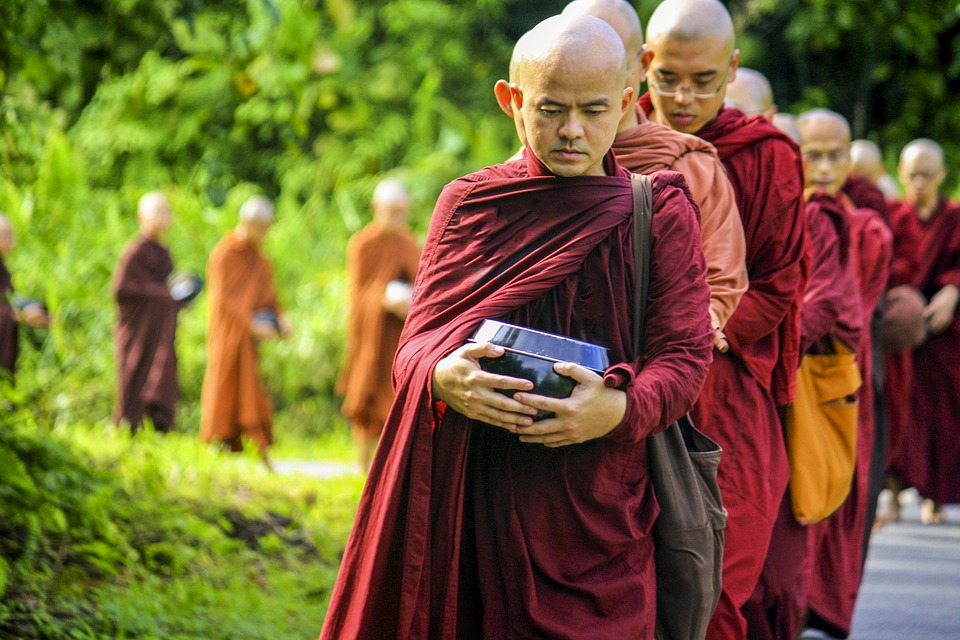What is aparigraha (renouncing possession), the fifth yama?
Aparigraha means “renouncing possession” or “becoming destitude”.
- Can you give up your mobile? Or restrict usage to 1 hour?
- How difficult would it be for you to give away your TV or stop watching it?
- Can you stop using social media?
- Is it possible to become minimalist? Can you restict the number of clothes, reduce the size of your house or give away your car and use public transport?
How should a person practice aparigraha?
Our orientation of who we are comes from physical and metaphysical reference points. For example;
- Fixed reference points – These are articles which derive their value of being daily use items. In fact, they are always in the background and get importance only when they are not available. Home, furniture, clothes, articles of daily use such as tooth brush, TV, computer, mobile etc. constitute this set of articles.
- Sentiment reference points – These are items which derive value by association – like a gift, memory or life lesson.
- Conceptual reference points – These are reference points which drive our decision-making processes, such as – laws of physics or chemistry, constitution of a country, religion or even house rules, etc..
These reference points make living relevant and drive our sense of Self. When these reference points are lost or in danger of being lost, there is disturbance in our orientation which affects our sense of Self or “asmitā”. Subsequently, our evaluative system compares the change against our conditioning/ value system or natural state (dharma). Following this, our coping action gets formulated depending on our affinity to the stimulus or perception of threat.
What is the impact of aparigraha on yama?
Aparigraha is the ability to reject material gain from any transaction. This makes behaviour more selfless.
In most situations, we use reference points to orient ourselves tour sense of Self. However, these reference points begin to accumulate and slow down our awareness. Also, these reference points begins to increase in complexity with each experience. Consequently, our cognition begins to try and keep all the variables in perspective and this slows down our awareness. Finally, our response gets affected.
Hence, it is vital that we keep our reference points to a minimum so that our awareness in any situation and its impact on the self is managed quickly and easily.
The process of keeping our orientation without bias is done by rejecting as many reference points as possible. This is called aparigraha.
Aparigraha is the ability to reduce unwanted possessions. When we do this, our sense of Self (asmitā) is kept without bias and our awareness is fully engaged in any situation.
Thus, aparigraha requires;
- Avoiding engagement in activity unless absolutely required or not seizing an opportunity or curbing desire. Consequently, we lower our engagement with the environment. As a result, our conflicts reduce, leading to increased harmony between our sense of Self (asmitā) and our actions.
- Aparigraha requires the ability to let go redundant possessions. When we give up old possessions, ideas and beliefs, the first thing that we confront is anxiety and grief. However, when the purging is done of these reference points along with the images of these attachments, there is lightness which comes with increased awareness.
Anecdotes, experiences and situations to help understand aparigraha
The concept of sannyāsāśrama (stage of renunciation) is very unique to India. Here a person renounces everything including the clothes he is wearing and accepts to become a mendicant whose sole intent is achieving mokṣa (liberation).
- The rules of sannyāsāśrama are very strict…
- The person becoming a sannyāsi (renunciate) may not own any possessions.
- He or she is not even allowed to have his own name or signature.
- They must beg for food. He can only eat that which is given to him.
- He is not allowed to stay in 1 place for more that a few days to stop him or her from getting attached to the place.
- Senior level sannyāsis are not allowed to stay at anyone’s home to avoid attachment of family life or interference in family affairs.
- There are more rules, but the rules above are the most important. The above rules force the sannyāsis to focus on the Self for relevance and not on external markers.
Points to Ponder on aparigraha.
Internal Tags: Karma, Dharma (conditioning), Stress and Situational Awareness, Stress and prana, Awareness measures, Bhakti Yoga fundamentals, Jnana Yoga, Karma Yoga, Hatha Yoga and Raja Yoga.
External Tags: Consciousness, sannyāsa
- Is it possible to live without possession?
- How do we deal with the insecurity of not having possessions?
- Can we give away our possessions and live?
- What would be the awareness levels of renunciates?



